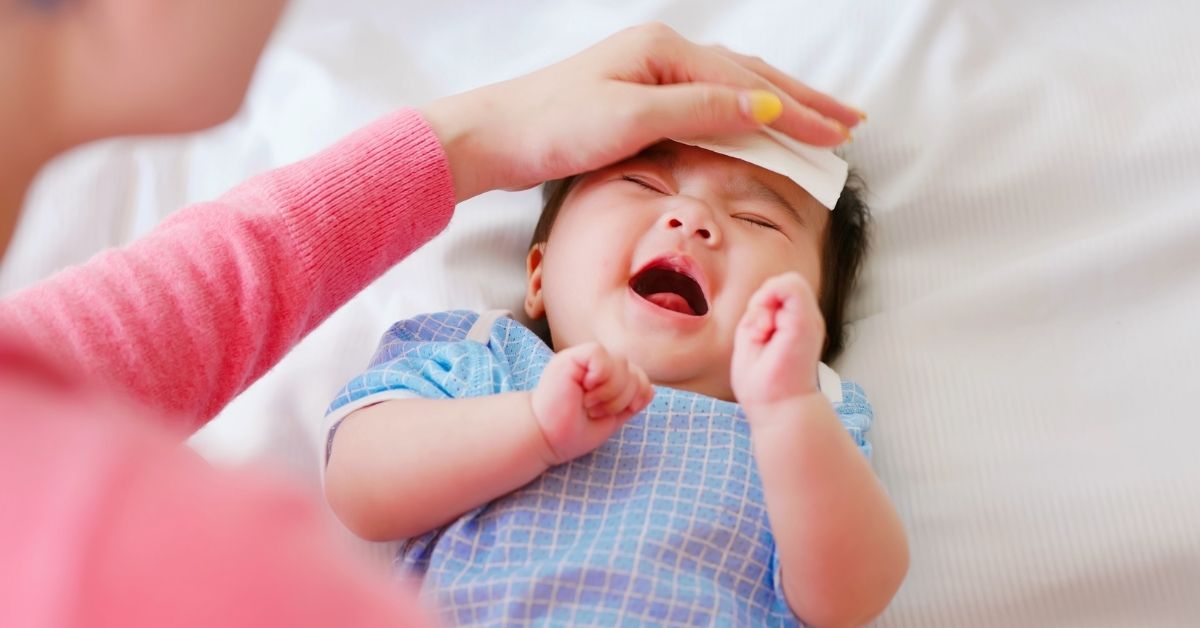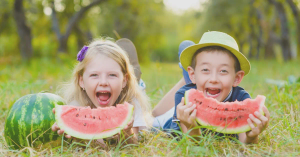Monkeypox is a serious health complication that has widely gained attention due to its major outbreak.
According to the World Health Organization, there were almost 16000 confirmed cases of monkeypox from around 75 countries. In children, the cases are quite rare.
A report by the Centers of Disease Control and Prevention also states that kids below the age of 8, pregnant women, and people with weak immunity are at a higher risk of contacting this infection.
Therefore, it is important to understand what monkeypox is, how it is spread, its symptoms, complications, and more. Read this article to find out everything you need to know about monkeypox in kids.
Understanding Monkeypox and How It Spreads
Monkeypox is a viral disease that spreads from animals to humans. This zoonotic virus typically belongs to the same family as the variola virus, which is known to cause smallpox. It usually spreads either through
Animal to humanDirect contact with blood, body fluids, or mucous of infected animals. In some regions, it may also spread through rodents and primates.
Human to humanCan occur via contact with respiratory droplets due to face-to-face contact, direct or indirect contact with blood, body fluids, or lesions or related material.
Symptoms of Monkeypox
While the incubation period of monkeypox is 6–13 days, it may also range from 5–21 days. The symptoms can be categorized based on the phase.
Invasion Period (0–5 days)
- Fever
- Intense headache
- Back pain
- Muscle aches
- Swelling of lymph nodes
- Lack of energy
Skin Eruption Period (1-3 days within the onset of fever)
- Rash, appearing on face to other parts of body
- Appearance of lesions that progress from flat to raised, fluid-filled blisters, pustules, and finally scabs.
Complications
While the complications are typically less compared to smallpox, the complications can turn out to be severe in kids. Some complications include
- Skin lesions can become infected, resulting in cellulitis or impetigo.
- Pneumonia
- Sepsis
- Encephalitis or inflammation in the brain resulting in headaches, confusion, seizures, and other long-term impacts
- Corneal infection leading to blindness or other vision problems
- Gastrointestinal concerns include diarrhea, vomiting, nausea, or abdominal pain.
- Permanent scars from skin lesions
- Lymphadenopathy, which causes swelling in lymph nodes.
Prevention and Treatment
Though there is no treatment for monkeypox, several preventive measures are used to reduce the risk of transmission. Some prevention tips include
- The smallpox vaccination is nearly 85 percent effective in preventing monkeypox. The JYNNEOS vaccine has also been approved for monkeypox prevention.
- Avoiding contact with animals that may transmit the virus, especially in regions where monkeypox is dominant.
- Practicing proper hygiene includes regular handwashing, especially after touching animals.
- If anyone in your family has been infected, isolation is important to prevent the spread of viruses.
Takeaway
While monkeypox is a rare viral condition, it poses a higher risk of complications in children. Therefore, it is important to be aware of the early signs and practice proper prevention strategies to prevent the transmission of harmful viruses. If you suspect any signs in your kids or other family members, reach out for immediate medical attention.








